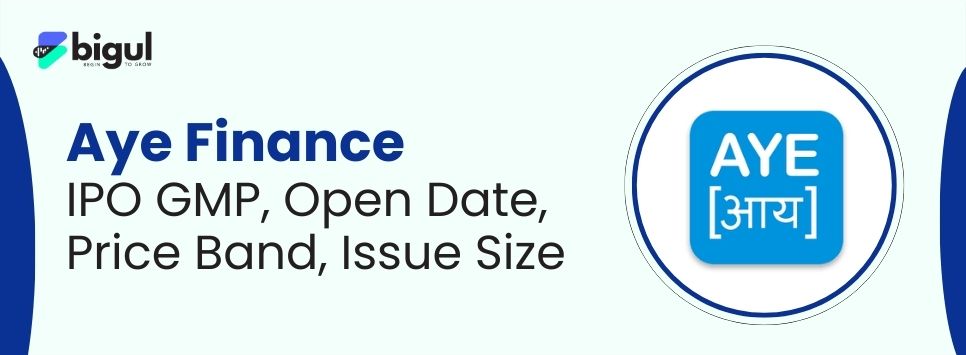The Nifty Private Bank is crucial to India’s financial sector. It benchmarks private banking equity market performance. Private banking, which provides specialised financial services to high-net-worth clients, has grown significantly.
The Nifty Private Bank index gives investors and market players sector performance and trends. This article aims to explore the history, composition, and significance of Nifty Private Bank while analysing its performance and potential investment opportunities. Let’s get started.
What is Nifty Private Bank?
The NSE’s Nifty Private Bank index tracks Indian private banking equities. It includes private financial institutions that serve high-net-worth people and enterprises. The indicator indicates private banking sector health and performance.
Nifty Private Bank, a sector index, enables investors to watch private bank performance, detect sectoral trends, and make informed investment decisions. It supports India’s private banking sector.
Composition of Nifty Private Bank
The Nifty Private Bank index includes several top stocks based on market capitalisation and other parameters. HDFC Bank has the highest index weightage at 27.24%. HDFC Bank, one of India’s largest private banks, is known for its great financial performance and wide banking services.
Nifty Private Bank has some of the best private banks. The table below lists all private banks and their weightage:
| Banks |
| HDFC Bank Ltd |
| ICICI Bank Ltd |
| Axis Bank Ltd |
| Kotak Mahindra Bank Ltd |
| IndusInd Bank Ltd |
| Federal Bank Ltd |
| City Union Bank Ltd |
| RBL Bank Ltd |
| Yes Bank Ltd |
| IDFC First Bank Ltd |
So, now the point is, how is Weightage calculated? The weightage of individual stocks in Nifty Private Bank is determined based on their free-float market capitalisation, which consider the number of shares available for trading in the market.
Stocks with higher market capitalisation have a greater weightage in the index. The weightage calculation methodology aims to reflect the relative importance of each stock in the private banking sector.
Factors Considered for Selecting and Weighting Stocks
An index like Nifty Private Bank weighs companies based on numerous parameters. These parameters ensure that the index appropriately measures the relative importance of private banking and equities. Key considerations include:
1. Market Capitalisation
Market capitalisation—the total market value of a company’s outstanding shares—is significant in-stock selection and weighting. Stocks with higher market capitalisation affect the index more.
Therefore, when constructing an index like Nifty Private Bank, stocks with larger market capitalisations are typically given higher weightage to ensure that the index accurately reflects the included companies’ overall market value and significance.
2. Free Float
Stocks are selected and weighted based on their free float, representing the portion of a company’s shares available for trading in the market. It excludes shares held by promoters or other strategic investors.
The index uses a free float to reflect actual tradable shares, ensuring that each stock’s weightage appropriately reflects its private banking sector importance.
3. Industry Representation
Nifty Private Bank chooses stocks based on financial performance. The index tends to contain companies with solid financials, such as profitability, revenue growth, and stability.
Evaluating financial performance ensures that the selected stocks represent well-performing private banking firms, improving index quality and reliability.
4. Financial Performance
The Nifty Private Bank considers profitability, revenue growth, and stability when choosing stocks. Strong financials indicate sustainable growth and market success; thus, the index favours them. This ensures the index comprises financially stable enterprises and increases index constituent quality.
5. Trading Activity
Trading activity, including average daily trading volumes, is considered when selecting stocks. Higher trading activity indicates more active market participation and liquidity, making the stock more attractive for inclusion in the index.
Stocks with higher trading volumes tend to have better price discovery and reflect investor sentiment more accurately, aligning with the goal of representing market sentiment and interest in the private banking sector.
6. Market Representation
Stocks widely held and actively traded by investors are included in the index to represent market sentiment and investor interest in the private banking sector.
This ensures that the index reflects the overall market and captures the performance of the most relevant and commonly traded stocks, providing a comprehensive picture of the sector’s performance.
Note: the specific methodology for stock selection and weighting may vary depending on the index provider. The National Stock Exchange (NSE), which manages the Nifty indices, has its own criteria and methodology for selecting and weighing stocks in Nifty Private Bank.

.jpg)







.jpg)


